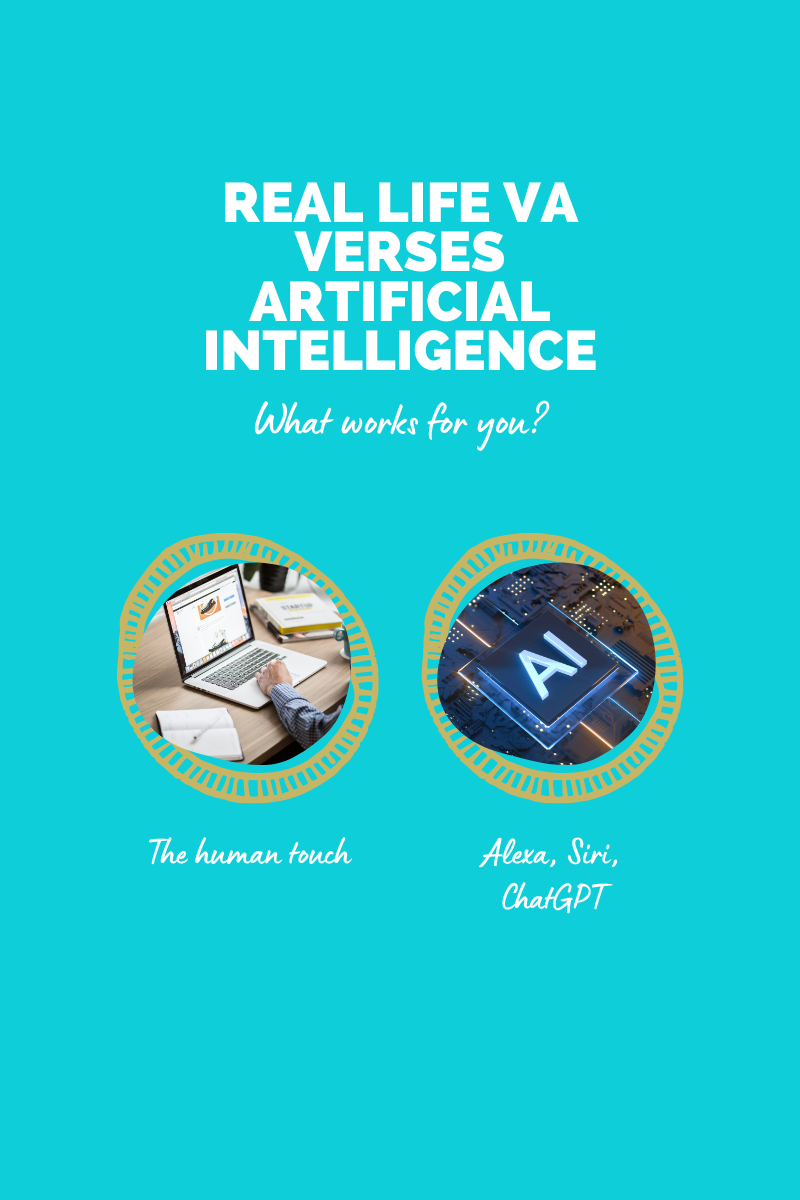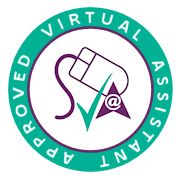Mental Health Matters: Supporting your own and employee’s mental health and wellbeing in the workplace

Welcome to this month's blog and thank you for taking the time to read it. Mental Health Awareness Week is here, and it's time for business owners to take a closer look at how they can support their own and their employees' mental wellbeing so this is what I wanted to focus my blog on this month as it is also a subject that is very close to my heart.
According to the Mental Health Foundation, 1 in 6 employees experience mental ill health such as anxiety, depression, and stress at work. This is a significant number, and it's important that businesses take action to address this issue and reduce the stigma that is often associated to the physically unseen mental health conditions that more and more people are facing.
I am no stranger to mental health and as mentioned above the subject matter remains very close to my heart, especially as the theme this year for mental health awareness week is anxiety; as someone who has dealt with anxiety and panic disorder in my own life, I know first-hand how challenging and debilitating these conditions can be. But through counselling and other forms of support, I have come to accept that anxiety isn't always a bad thing. In fact, it's a natural and healthy response to perceived threats or danger, often referred to as the "fight or flight" response. However, when anxiety becomes chronic or excessive, it can become a significant problem, impacting our daily lives and overall wellbeing. One of the most important things I learned through my own journey with anxiety and subsequently yet quite ironically becoming an accredited trainer for Mental Health First Aid England is that it's crucial to face and get to the bottom of it. Ignoring or avoiding the underlying causes of anxiety can make it worse and lead to more significant problems down the road. Seeking support from a mental health professional, such as a therapist or counsellor, can be an effective way to uncover the root causes of anxiety and develop strategies for managing it.
I've also learned that there are many ways to manage anxiety in our daily lives, such as practicing mindfulness and meditation, engaging in regular exercise, and building a support network of family and friends. It's essential to find what works best for you and to be patient and compassionate with yourself as you navigate the ups and downs of anxiety.
Let's remember that anxiety is a prevalent and normal experience that affects many of us. By opening up about our own struggles and seeking support when we need it, we can reduce the stigma and create a more supportive and understanding environment for everyone.
So… for you busy and stressed business owners out there take note…. It’s time to take action and prioritise your own mental health and wellbeing, and here are some top tips to get you started:
- Take regular breaks throughout the day, even if it's just a few minutes to stretch or take a walk. My breaks often consist of putting the washing in the washing machine or doing the school runs but hey it’s still a break and productive too!
- I know this one may be easier said than done especially when you may work from home but set boundaries around work hours and stick to them, set alarms to remind you to have a break or finish work!
- Practice self-care activities such as meditation, exercise, or spending time with loved ones.
- Do something for you and only you everyday… watch a tv programme, soak in a bath, read a book or if you’re like me spend half an hour scrolling on TiKTok.
- Everything in moderation and not excess… caffeine, cigarettes/vapes and alcohol especially!
- Seek support from a therapist or counsellor if you need it. Been there, done that and got a happy t-shirt from it!
Now, let's talk about how you as business owners can support your employees' mental wellbeing. Here are some ideas to get you started:
- Offer mental health training for managers and staff to increase awareness and reduce stigma.
- Create a flexible work environment that allows for a good work-life balance.
- Provide access to an Employee Assistance Programme (EAP) for confidential support and advice.
- Promote an open-door policy where employees can talk about their mental health concerns without fear of judgement.
- Regularly check in with employees to see how they're doing and offer support where necessary.
Access to Work UK government funding scheme
It's also important to note that if you have a physical or mental health condition or disability, you may be entitled to support from the Access to Work scheme. This government-funded scheme provides financial support for reasonable adjustments to help you perform your job effectively. As someone who supports business owners with ADHD, I have seen first-hand how this funding can help with the administrative aspects of running a business. In my experience I have found that this scheme is not widely publicised but is something that people should know about. It can make a huge positive impact on someone’s mental health and wellbeing by having the support of someone helping them with their business matters, personal affairs, organisation and planning etc.… and not having to worry about paying them out of their own pocket. To find out more about this visit www.gov.uk/access-to-work and if you need support once you have your funding in place then please feel free to get in touch for a chat.
Mental health in the workplace is an essential topic that needs to be addressed. By taking proactive steps to support your own and employee’s wellbeing, businesses can create a healthier and happier workplace culture. For further support see the information below and make contact to seek help.
Mind
Website: https://www.mind.org.uk/
Helpline: 0300 123 3393
Samaritans
Website: https://www.samaritans.org/
Helpline: 116 123
Rethink Mental Illness
Website: https://www.rethink.org/
Helpline: 0808 802 2208
Mental Health Foundation
Website: https://www.mentalhealth.org.uk/
Contact: Visit their website for contact options.
YoungMinds
Website: https://youngminds.org.uk/
Parents helpline: 0808 802 5544
SANE
Website: https://www.sane.org.uk/
Helpline: 0300 304 7000
Anxiety UK
Website: https://www.anxietyuk.org.uk/
Helpline: 03444 775 774
CALM (Campaign Against Living Miserably)
Website: https://www.thecalmzone.net/
Helpline: 0800 58 58 58
OCD Action
Website: https://www.ocdaction.org.uk/
Helpline: 0845 390 6232
Beat (Eating Disorders)
Website: https://www.beateatingdisorders.org.uk/
Helpline: 0808 801 0677
Bipolar UK
Website: https://www.bipolaruk.org/
Helpline: 0333 323 3880
PAPYRUS (Prevention of Young Suicide)
Website: https://www.papyrus-uk.org/
Helpline: 0800 068 4141
Please note that the helpline numbers provided may be subject to change. It's always a good idea to visit their respective websites for the most up-to-date contact information.


Virtual Possibilities Blog







